Coronavirus Australia: Protests cost economy $1bn, delay reopening
National cabinet may ditch plans for more rapid scaling back of social restrictions after weekend’s Black Lives Matter rallies.
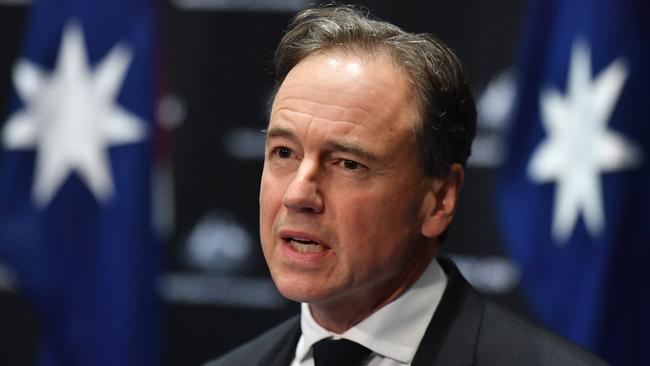
Black Lives Matter protests are expected to delay the easing of COVID-19 restrictions by at least a week, potentially costing the economy more than $1bn and preventing tens of thousands of people getting back to work.
The Australian can reveal the national cabinet, which will meet on Friday, is likely to ditch plans to adopt a more rapid scaling back of social restrictions, pending an evaluation of whether the rallies triggered coronavirus outbreaks.
The Australian Health Protection Principal Committee, which had flagged last month that two weeks of low infection rates would be a trigger for unlocking restrictions, believes it will take up to 14 days to assess the impact of the demonstrations on new COVID-19 cases.
With only two new infections recorded across the country on Tuesday, both imported from overseas, and low infection rates in recent weeks, the national cabinet had been expected to update the three-stage COVID-19 road map at its Friday meeting.
Treasury estimates have indicated the ongoing cost to the economy of stage two and three restrictions remaining in place could be up to $6.3bn a month. Lifting stage two restrictions was expected to get 275,000 Australians back into work, and an additional 323,000 jobs would be restored after stage three restrictions were removed.
The Australian understands that states and territories, most of which have come under pressure over allowing the BLM protests, will still continue unlocking their economies incrementally, in line with the COVID-19 road map.
The Health Services Union and Maritime Union of Australia on Tuesday pushed for an end to most social restrictions, in contrast with calls from ACTU secretary Sally McManus that the premature easing of restrictions could have catastrophic consequences.
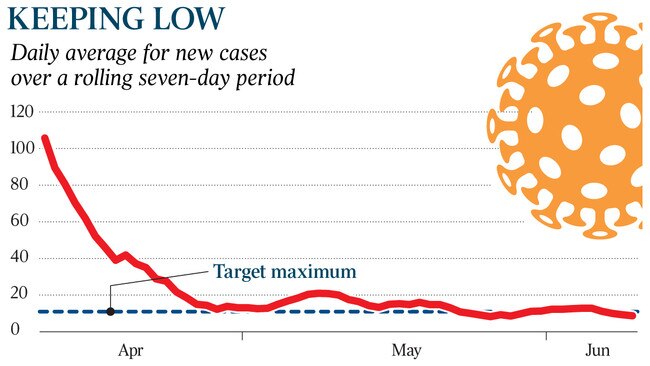
Health Minister Greg Hunt said the AHPPC, which is holding rolling meetings this week, would provide advice to the national cabinet ahead of Friday’s meeting.
“What we want to do is to get Australians back to what we call a better normal,” Mr Hunt said.
“Recognising that we’ve had extraordinary success, we still need to be vigilant, but with each day we’re making progress on the health front and with each day that means we can make progress on the economic front.”
Mr Hunt said that if there was “continued progress” in flattening the curve, there was the potential to “increase actions and decrease the restrictions”.
“I am hopeful that over the course of this week we’ll continue to see progress and, each week that goes by with reduced numbers and a greater flattening of the curve, there’s increased potential across a range of different activities,” he said.
While hotel quarantine and strict border control measures will remain in place for an extended period, HSU NSW/Queensland secretary Gerard Hayes said: “We can’t rely on the Reserve Bank printing money forever to stimulate the economy. Public health workers have done a tremendous job of containing coronavirus. That’s why we can now contemplate lifting the shutters a little earlier to get the economy humming. At some point real economic activity must resume.”
Mr Hayes, who represents almost 100,000 health and aged-care workers, said that with “capacity restrictions, social distancing, masks and detailed data collections”, crowds should be able to return to football matches.
“We should err on the side of opening up, provided we follow the advice of experts such as the AHPPC,” he said. “There are of course exceptions. Sectors such as aged care need to remain extremely cautious and restrictions should remain in residential homes.”
South Australian Premier Steven Marshall on Tuesday announced the state government would allow 2000 regular fans and 240 corporate guests to attend Saturday’s AFL match between Port Adelaide and the Crows. Mr Marshall said the government would not allow a second planned BLM protest to proceed following a public backlash over its decision to exempt last Saturday’s protest from COVID-19 social restrictions.
The Queensland government also revealed it was working with the NRL and AFL on COVID-19 safe plans to get crowds back into stadiums.
MUA national secretary Paddy Crumlin said that, given domestic transmissions of COVID-19 had almost ceased, the national cabinet needed to end the “inconsistent state-based quarantine restriction that hamper the movement of Australian workers”.
“These restrictions increasingly appear to be based on political opportunism, appealing to an isolationist mindset, while doing nothing to improve community safety,” Mr Crumlin said.
“Australian seafarers joining or departing vessels face complicated and inconsistent rules, in some cases requiring them to quarantine for 14 days despite being isolated at sea, which is hurting our vital maritime supply chains.”
Ms McManus said workers were eager to get back to work and their normal lives, but “returning to business as usual cannot be put before ensuring the safety of working people and the community”.
“A second wave and the associated tightening of restrictions would be catastrophic and must be avoided,” Ms McManus said. “Restrictions should not be eased before the medical professionals recommend that, and until we can be sure that the workplaces that Australians will be returning to are safe for them to work in while we are still battling the virus.”
Ms McManus said ACTU research showed most workplaces were not prepared for workers to return.
CFMEU national construction boss Dave Noonan said the building industry had continued through the pandemic, adhering to stringent health guidelines, with only 20 confirmed coronavirus cases across a workforce of one million. He said the industry was pushing for support measures, including a social housing package, to drive forward investment and jobs in the building sector.
“We’ve never wanted to see the economy shut down where people can safely work,” he said.
KPMG chief economist Brendan Rynne said moving from stage two to stage three restrictions “will be the real kicker for the economy” as accommodation, hospitality, arts and recreation return to something approaching previous levels of employment.
Additional reporting: Patrick Commins, Ewin Hannan



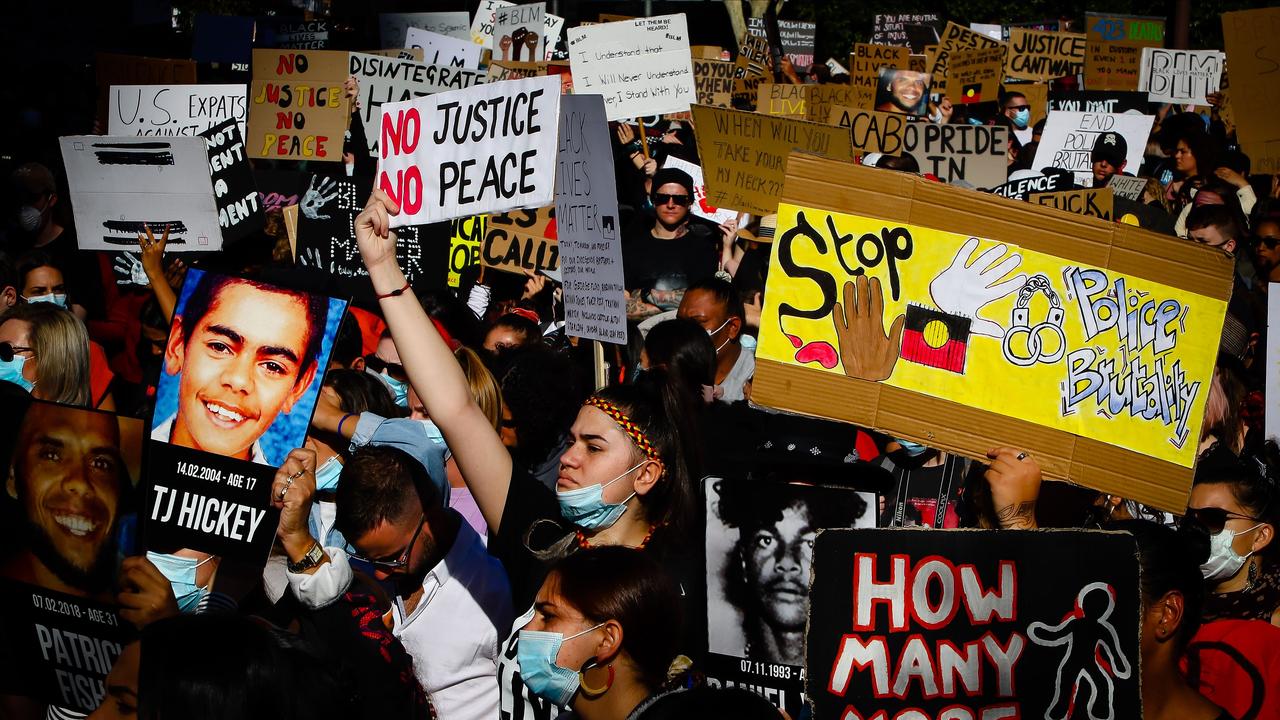
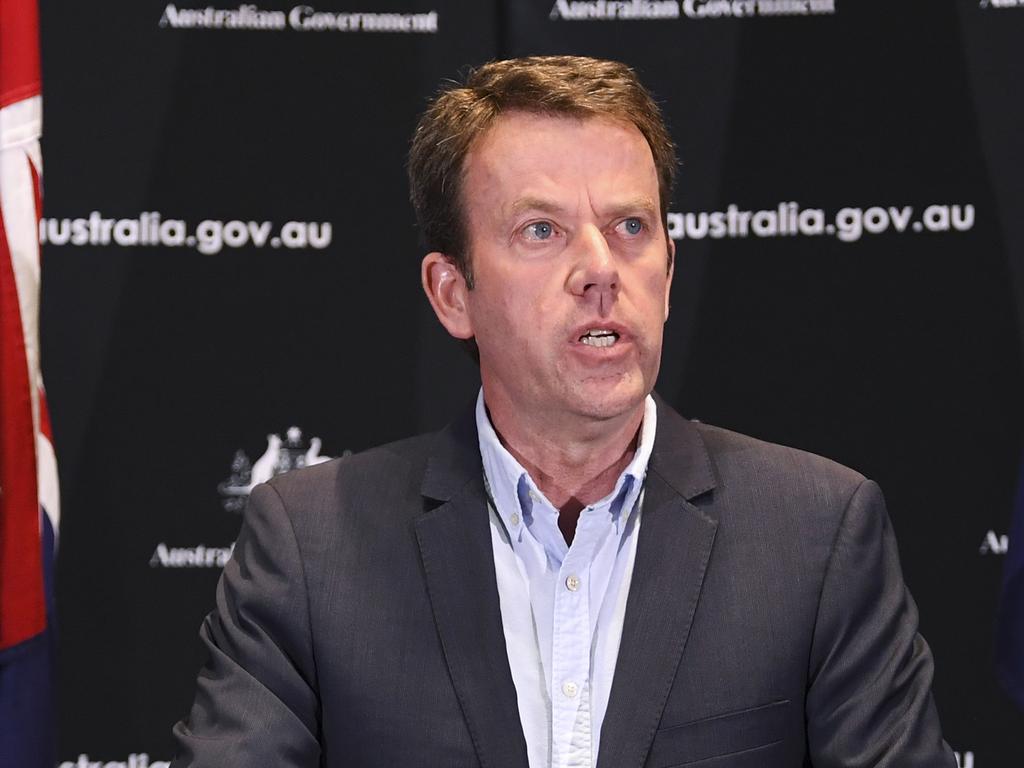
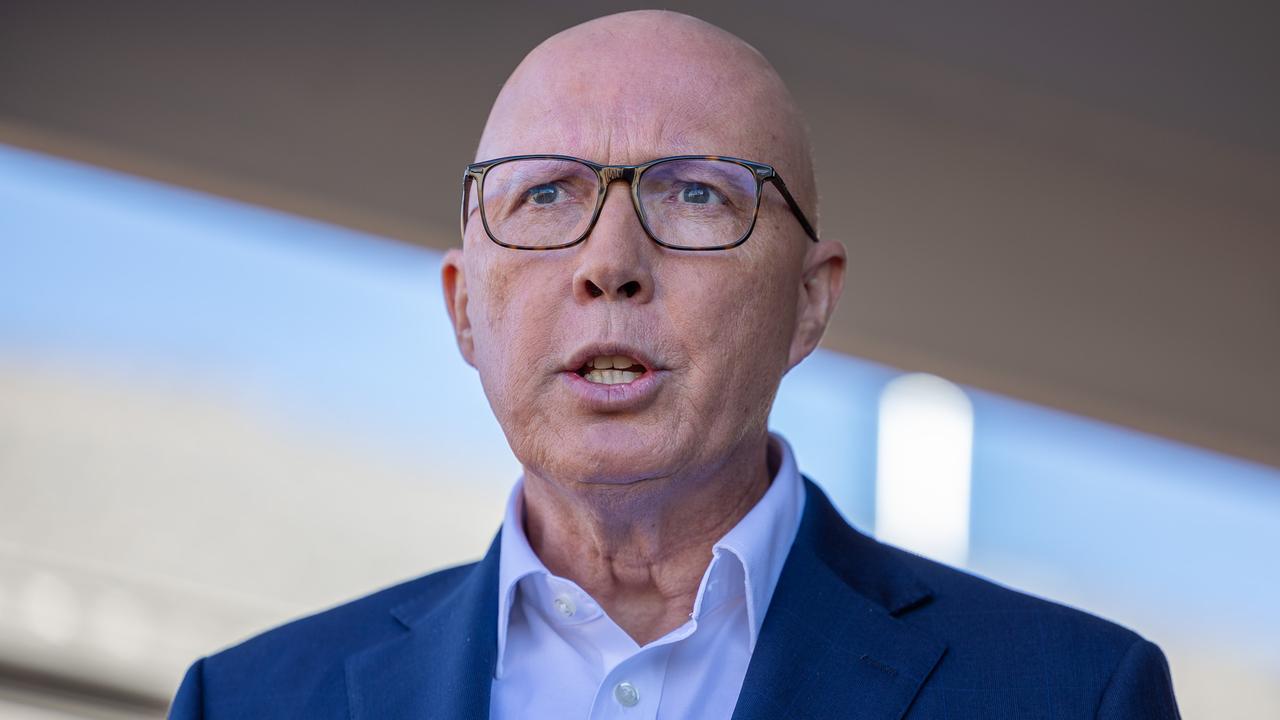
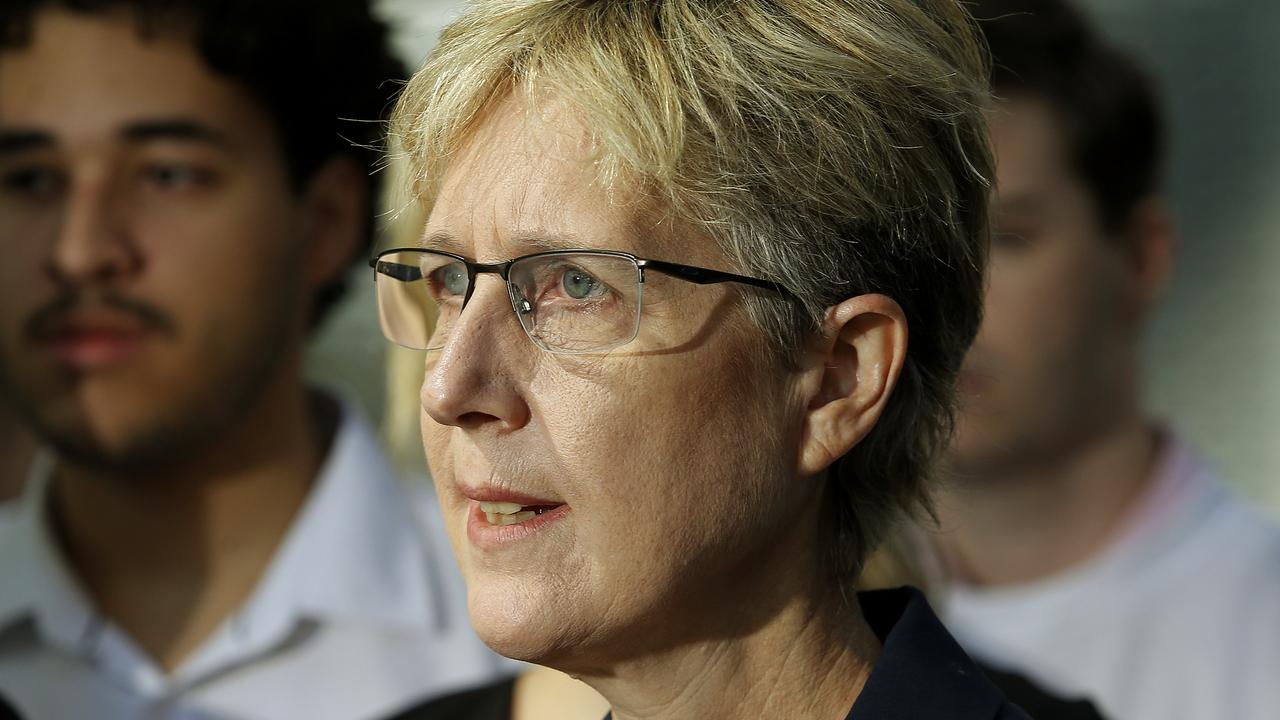
To join the conversation, please log in. Don't have an account? Register
Join the conversation, you are commenting as Logout